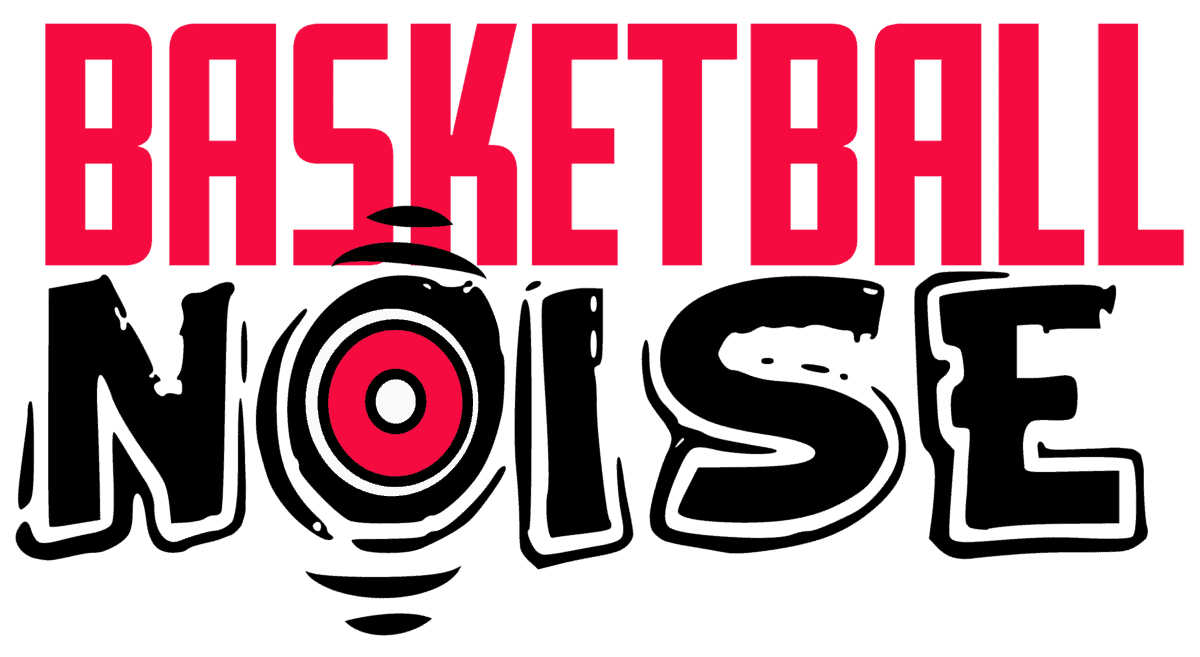If a player decides to retire while they are still under a contract with a team, their contract becomes void. However, if the player is forced to retire due to injury, they can apply for a formal retirement and continue to get paid by the team for the remainder of their contract. Teams still hold rights to a player for a period of time, and should the player decide to come out of retirement within that period, they are contracted to their original team. Teams still need to pay salary where relevant, and may or may not be included in team salary.

How does the reason for retirement affect a player’s contract?
Players can retire for a few reasons, by choice or force. For example, if a player chooses to retire due to no longer wanting to play, their contract becomes null. If a team is reluctant to allow a player to retire, a player can formally retire by getting approval from the NBA; in this scenario, the team has the player’s rights for a period of time (potentially the remaining length of the contract), and the player cannot un-retire for 1 year (after which, he joins the team that holds his rights or joins another team). In this scenario, the contract also becomes null, unless the player re-joins the team after the 1-year waiting period.
If a player has to retire due to injury, then they are still able to receive the money remaining on their contract. Although the team still has to pay the retired player, this amount is not counted towards the team salary. Depending on the situation, teams may or may not receive a salary cap exception to sign a replacement player.
How are some players still getting paid by teams after they have already retired?
There are some players who have retired but are still getting paid years afterwards. An infamous example is Luol Deng, who up until recently was still getting paid for years by the Los Angeles Lakers. It comes down to how contracts in the NBA are given out: most NBA contracts are guaranteed, meaning that in certain scenarios, they are still being paid even when they are no longer with a team.
What happens is that when teams want to part ways with a player, they can choose to waive them (release them before their contract has finished). Because the contract is guaranteed, waived players are still getting paid the remainder of the contract. Teams can often decide to “stretch” the payments out, so that the cap hit each year is less; a 2-year remaining contract can be stretched out into 5 years (double the remaining years + 1), which means if a player has retired by then they are still receiving their due payments.
What many players decide to do is wait out their contracts if they have been waived, especially if a team hasn’t claimed them off the waivers or in free agency. In this case, they can continue to receive payments and maybe try and find a roster spot elsewhere. Once the contract has run out, then a player can decide to announce their retirement if they believe their playing prospects are over. If they were to retire before that, then they may not receive the full payments on their contract.
Do NBA players get any money from the NBA after retiring?
The NBA has set up a pension program for retired NBA players who had at least three years of service (by definition, if a player is contracted to a team for at least one game, whether he is active or inactive for the game, it is counted as a year of service). Once retired players opt in to the pension program, they receive monthly payments; the amount of payments depends on years of service and opt-in age.
A player with 10 years of service or more is eligible for higher pension payments than a player with minimum 3 years of service. Likewise, the earlier a player decides to opt in to the pension program, the lower the monthly pension payments will be. The minimum age to opt in to the pension program is 45 years old, while the recommended age to opt in (for maximum payments) is 62 years old. For example, a retired player with 3 years of service, opting in at age 62, will receive around $57,000 in annual pension payments, while a retired player with 10 years of service, opting in at age 62, will receive around $215,000 in pension payments.
Do NBA players get any benefits from the NBA after retiring?
As part of its pension program, the NBA also offers retired players certain benefits, depending on their years of service. Retired players who are eligible for the pension program (minimum of 3 years of service) also receive lifetime healthcare benefits. Players with a minimum of 10 years of service can also have lifetime healthcare benefits extended to their spouse and children. The NBA also offers to reimburse up to $33,000 annually in college tuition for players eligible for the pension program who choose to return to school after retirement from the league.
The NBA is quite player-friendly, especially compared to other professional sports leagues. This also extends to retirement, where in most cases, players usually end up receiving the full sum of their guaranteed contracts. The NBA also provides players with pension payments and benefits after they retire. It’s one way to show gratitude to players for their service, due to how instrumental they are to the teams’ and league’s successes.
